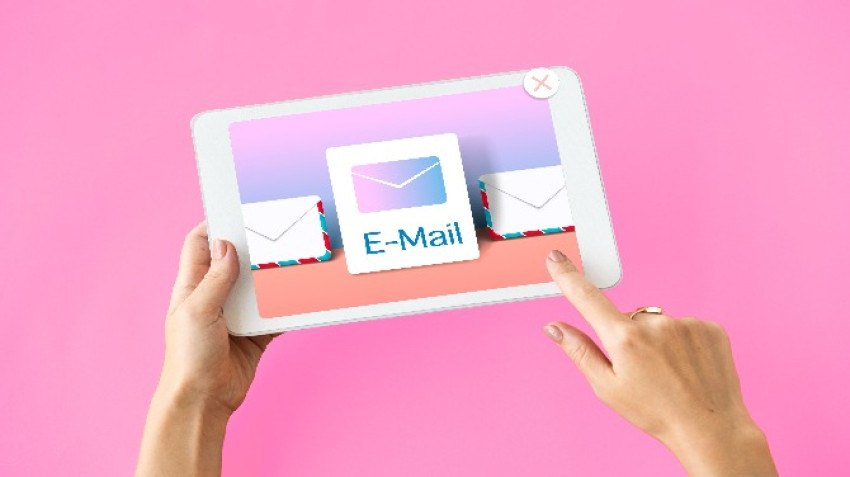
Email marketing has become an essential aspect of modern-day marketing strategies for businesses of all sizes. However, sending out a generic email blast to your entire subscriber list is no longer enough to cut through the noise and make a lasting impact on your target audience. This is where personalization comes in.
Personalization in email marketing refers to tailoring your email content to suit the specific needs, preferences, and behaviors of individual subscribers. It involves using data such as their name, location, purchase history, and browsing behavior to craft targeted messages that resonate with them on a more personal level.
The importance of personalization in email marketing cannot be overstated. It has been proven to improve open rates, click-through rates, and conversion rates, ultimately leading to better ROI. By delivering relevant and engaging content to your subscribers, you build trust and strengthen your relationship with them, increasing the likelihood of repeat purchases and brand loyalty.
Personalized emails also help to reduce subscriber churn rates by showing your subscribers that you understand their needs and care about their experience with your brand. This, in turn, leads to higher engagement and customer satisfaction.
Maximizing Email Engagement through Personalization
Email personalization refers to the process of gathering information from your audience and using it to send tailored messages that resonate with them. This ensures a human touch while being fully automated.
Imagine your audience as a collection of various fruits in a container. While it's possible to sell mixed fruits, they may have different prices and appeal to different consumers. It may be challenging to convince people to buy your fruits at the right price.
The easiest way to overcome this challenge is by categorizing your fruits based on their price and appeal. This helps you control the price and makes it easier to attract customers with your offerings. Email personalization enables you to achieve the same and more with your email list.
You can begin by segmenting your subscribers based on common traits, and then gather information from them. By doing this, you can deliver timely, personalized, and relevant messages that connect with your recipient's emotions, stimulate them to engage with your message, and drive them to take your desired action.
Why Personalization is Vital for Email Marketing Success
Email personalization is no longer an optional feature in today's digital marketing world. It has become a requirement for businesses to connect with their customers on a personal level and achieve marketing success. Here are seven reasons why personalization is vital for email marketing success:
- Establishing an emotional connection: Addressing your customers with their names instead of a generic greeting generates curiosity and helps create an emotional connection with them.
- Addressing the audience's pain points: Identifying your audience's pain points through buyer personas and offering them the right solutions can increase engagement.
- Shaping customer's journey and focusing on the audience's needs: Personalization helps you focus on your audience's needs and interests, which can lead to customer retention.
- Increasing trust: Personalization can help earn trust from your customers, which is crucial for online businesses in today's world.
- Reducing fear and maximizing customer service effort: Personalization can reduce spam fears and improve customer service efforts.
- Delivering faster and reliable customer service: Personalized customer service can earn customer loyalty to your brand.
- Ability to automate tasks: Personalization enables automation in marketing, which can increase brand awareness and guide customers' purchasing decisions.
In conclusion, personalization is vital for email marketing success, and businesses that ignore it risk being left behind. By creating a personalized approach, businesses can engage with their customers, earn their trust, and ultimately drive more conversions.



